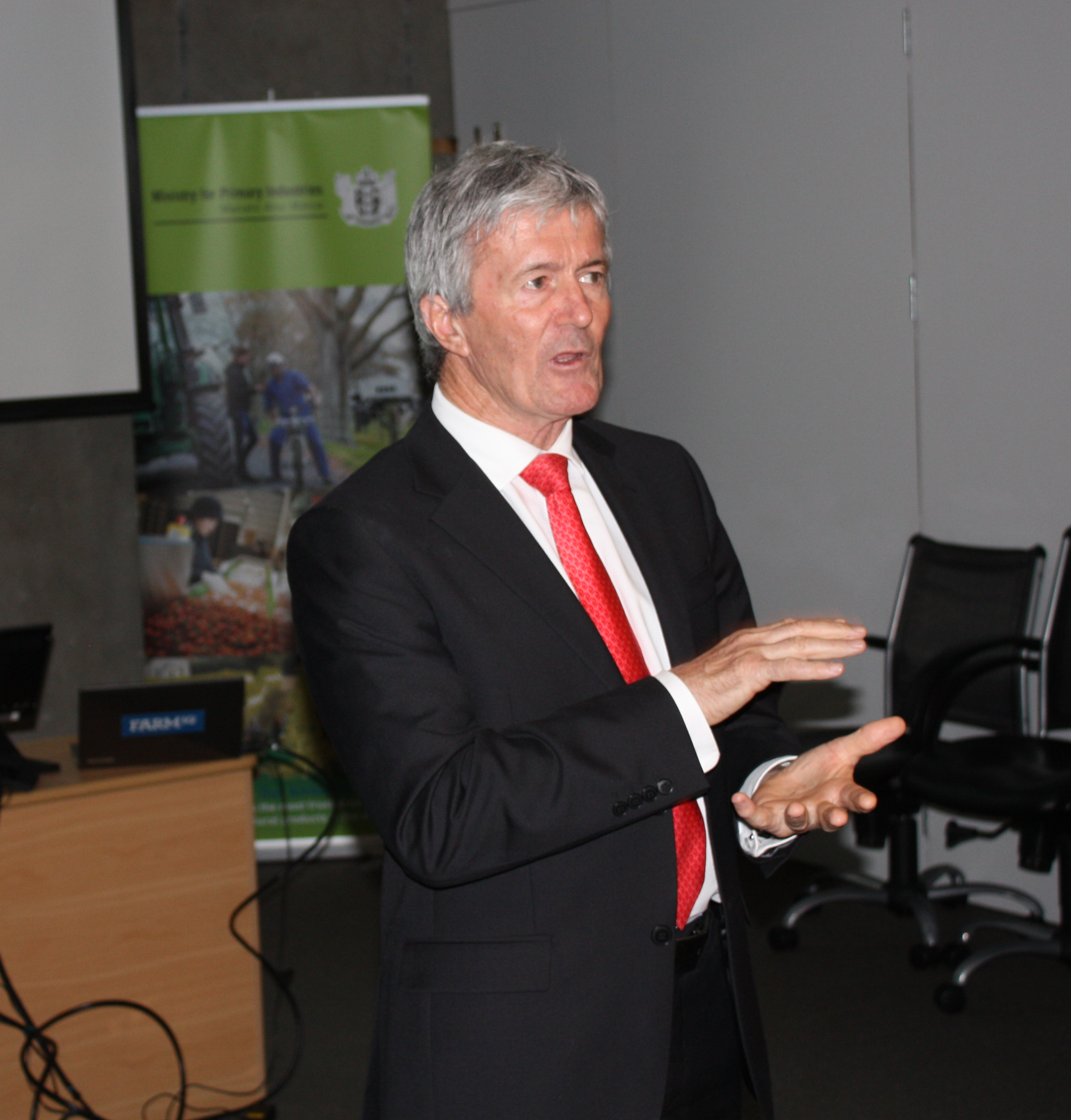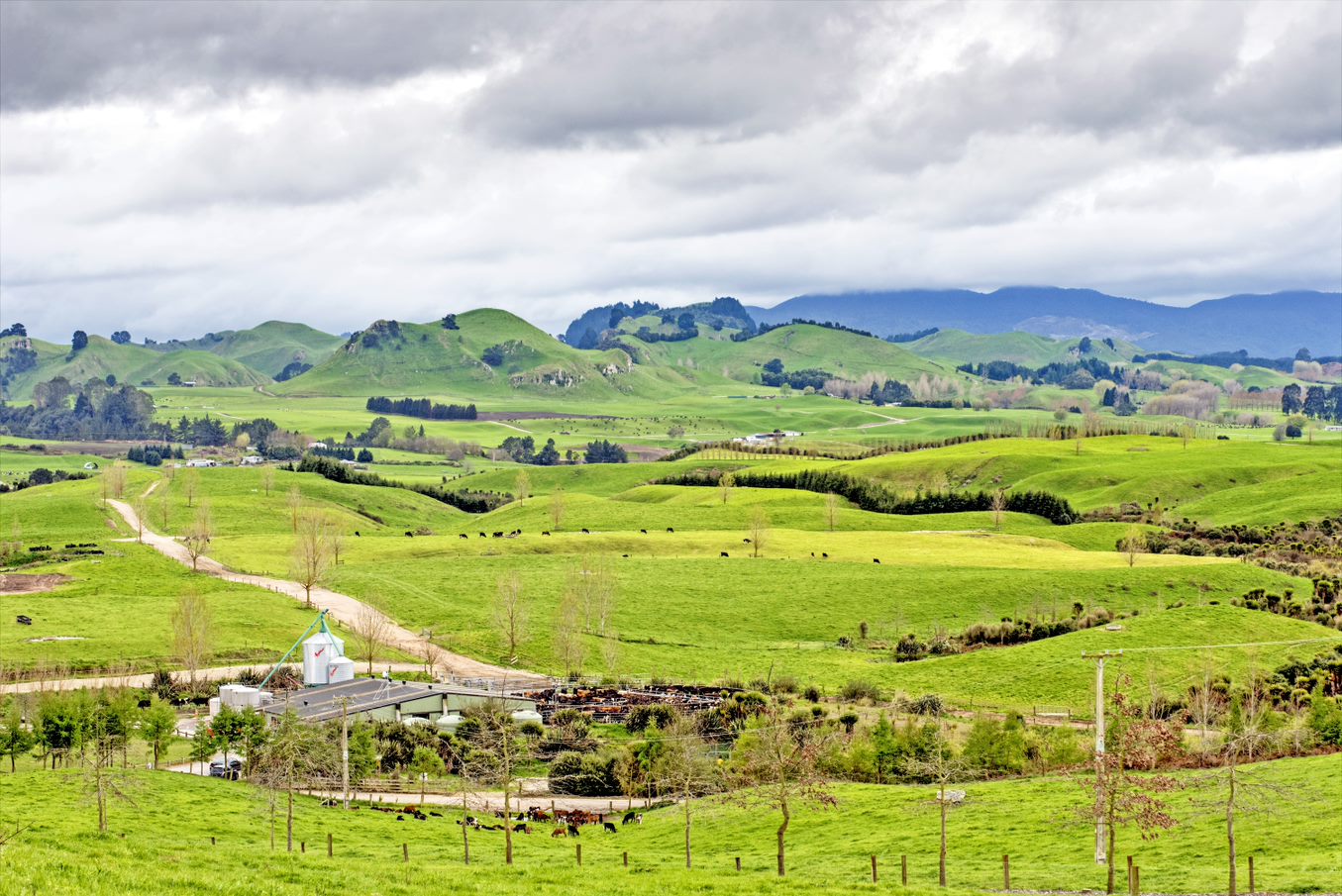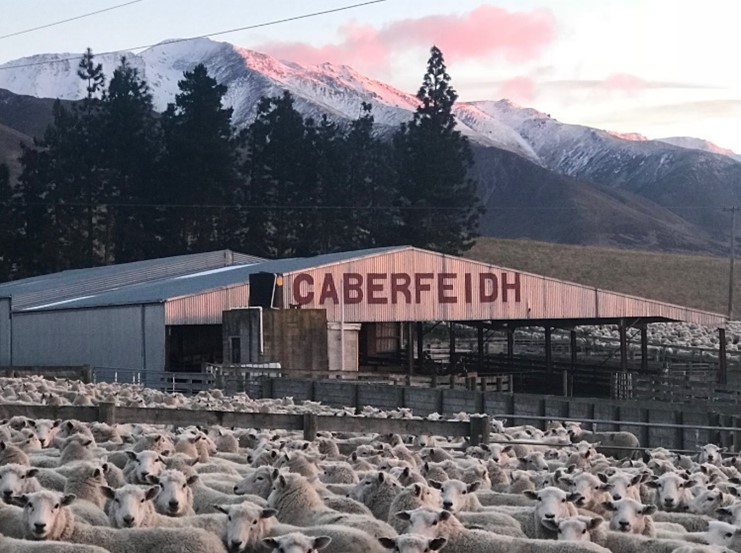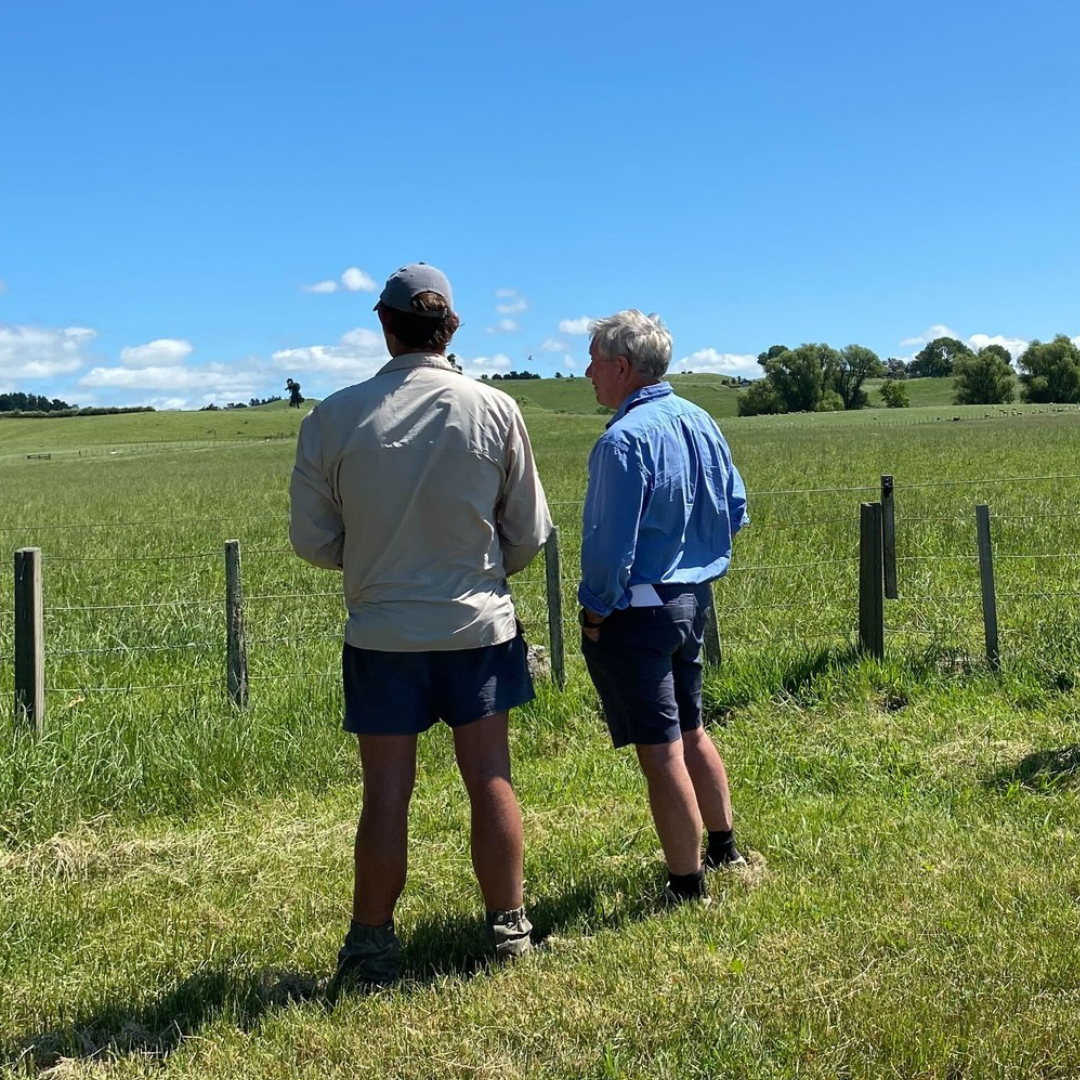
Seizing the opportunity to ask questions and provide feedback on proposed policies increases the likelihood of better outcomes for all.
As we all get our heads around what each carbon pricing mechanism option could mean for our business, there’s a whole lot more research and development going on behind the scenes deciding which farm data points and information are actually required to calculate your farm business GHG emissions and how regulators intend to gather and process it efficiently.
There are many GHG calculators available to farmers and their consultants to help get an understanding of a farm’s emissions profile – some are free to use, some are not, some are easy to use, some are complex. The main thing we all need to understand and plan for is ‘knowing your number’ is just the beginning of the GHG journey. It’s the starting point from where, with industry support, farm businesses can plan to innovate and adjust their systems to become more efficient, resilient and sustainable, alongside aligning their carbon footprint with market demands and targets.

In terms of selecting a pricing option that’s best for our industry, we trust that most consideration will go towards the benefits and effects in the long-term, rather than quick fixes to satisfy short-term goals or current market volatility. If you’re still on the fence about the options, Maniototo sheep and beef farmer Emma Crutchley shared an excellent viewpoint.
The same level of consideration should apply to the tools we use for GHG accounting and some key questions need to be asked:
- Do they identify the separate gases and where they come from?
- Do they provide modelling options for different system scenarios?
- Are they interoperable with other digital systems to avoid having to re-enter the same data?
- Most importantly, are they recognised by industry as accurate and fit-for-purpose?
We’re grateful to every one of the farmers and rural professionals that attended the He Waka Eke Noa roadshow workshops or webinars last month and provided feedback. There’s no doubt we have a lot to think about and not a lot of time, but the people, information, resources and tools are there to support how we choose to manage our GHG journey; whichever option is chosen, we simply have to crack on.
By Alison Worth - Subject Matter Expert: Environment & Compliance.


